Just Do It: Overcoming Limitations in Video Production
Film and video production can be a very challenging field to work in. When you look around and see multi-million dollar budgets being tossed around Hollywood and indie productions alike, it's easy to feel hopelessly limited. But I'm here to tell you that in film, your budget doesn't have to limit your imagination. And with a little creative thinking, a whole lot can be done with very little.
My first short film, Defector, was a period piece set in World War II, about an American defector who travelled with a Nazi soldier through Germany. The whole thing was told by an elderly iteration of the American character, as he tried to wrestle with the choices he had made.
As you can well imagine, this presented a whole lot of complications for a group of college students all working on their first short film:
A combination of young and old actors
Costumes
Props
Accents
Locations
Locations
Locations
Weather (we had to film it before fall set in)
Sound design
and Research
In the end, I'm extremely proud of the short film we made, but it was not without a great deal of difficulty.
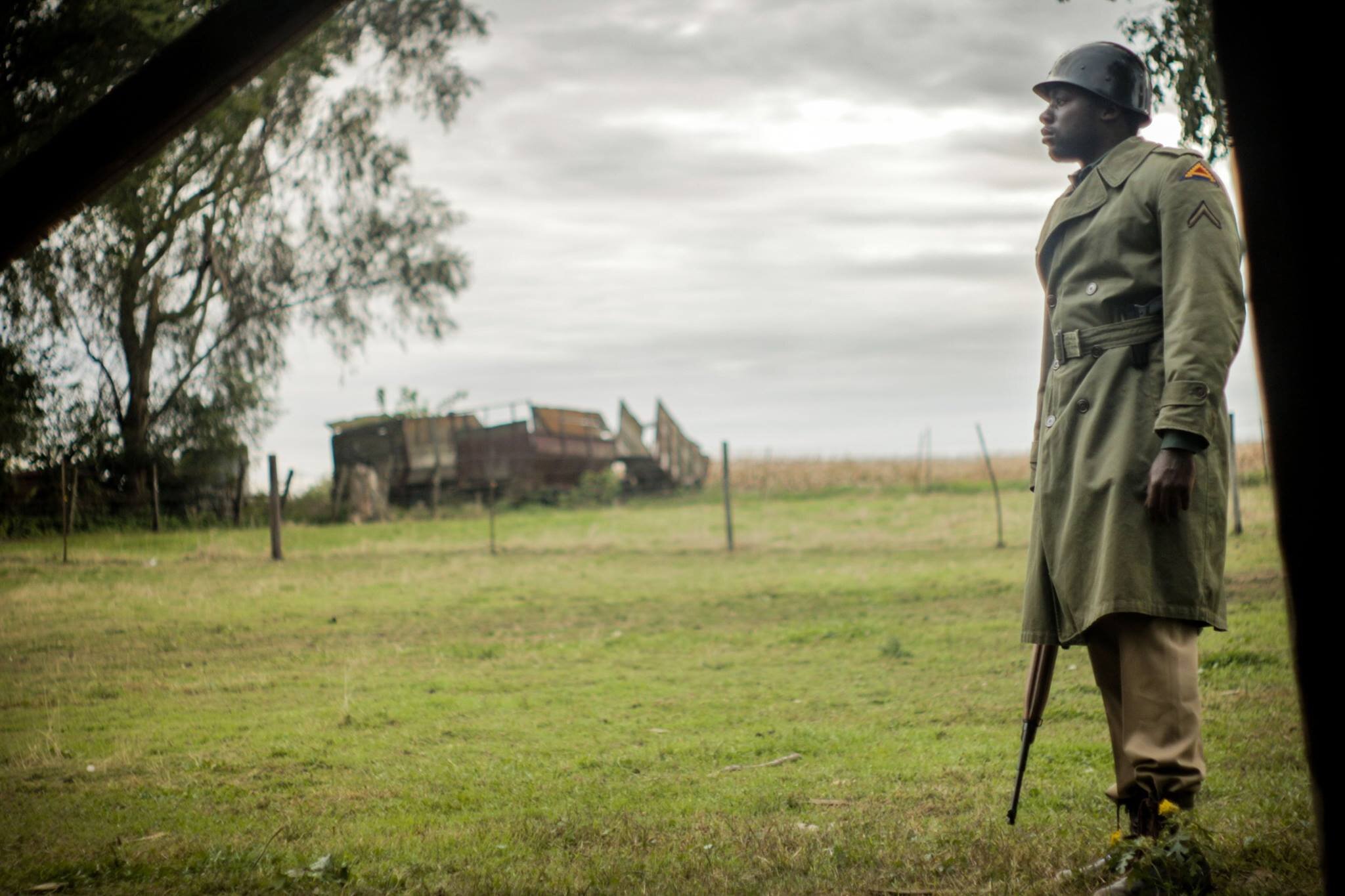
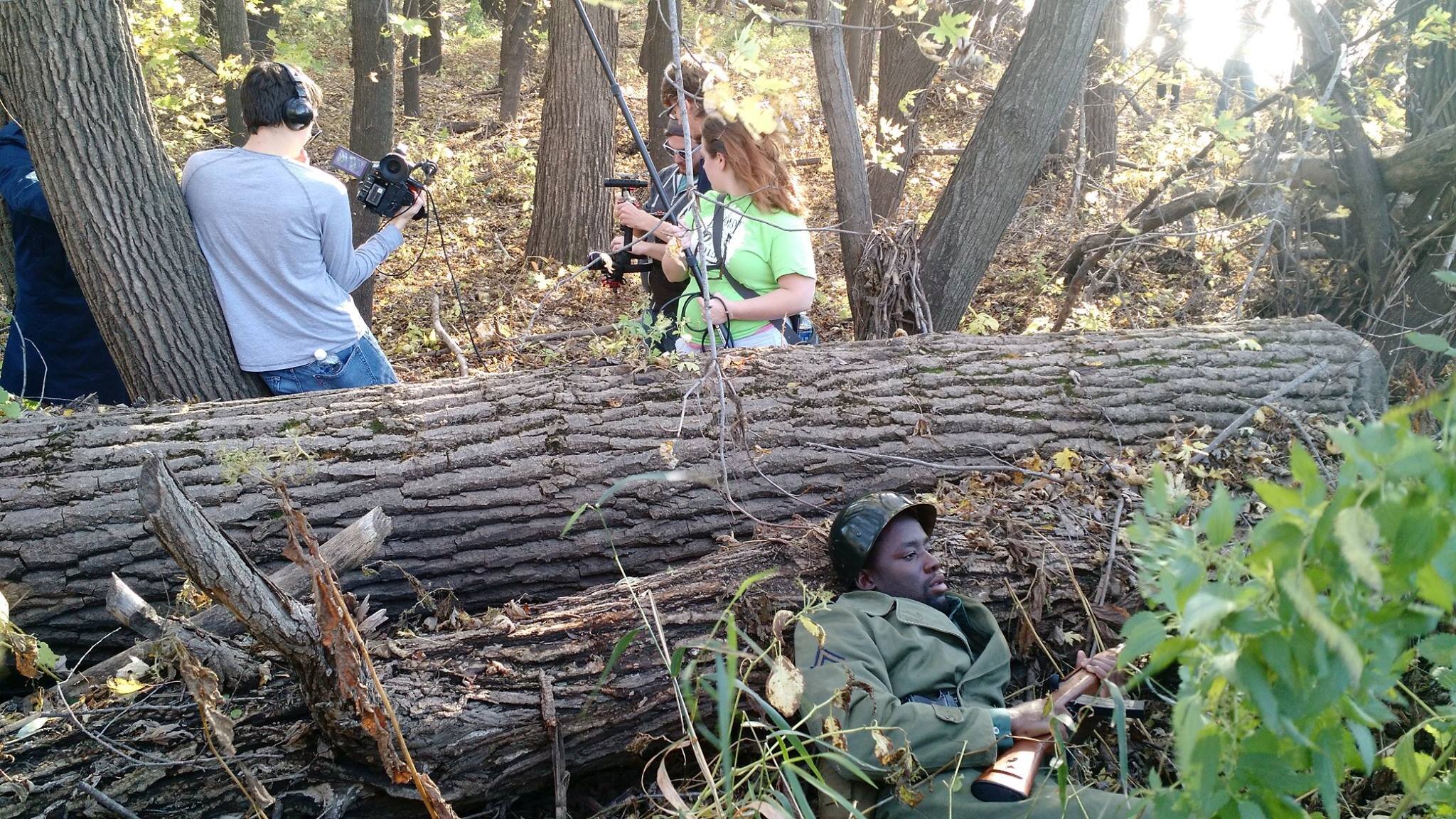
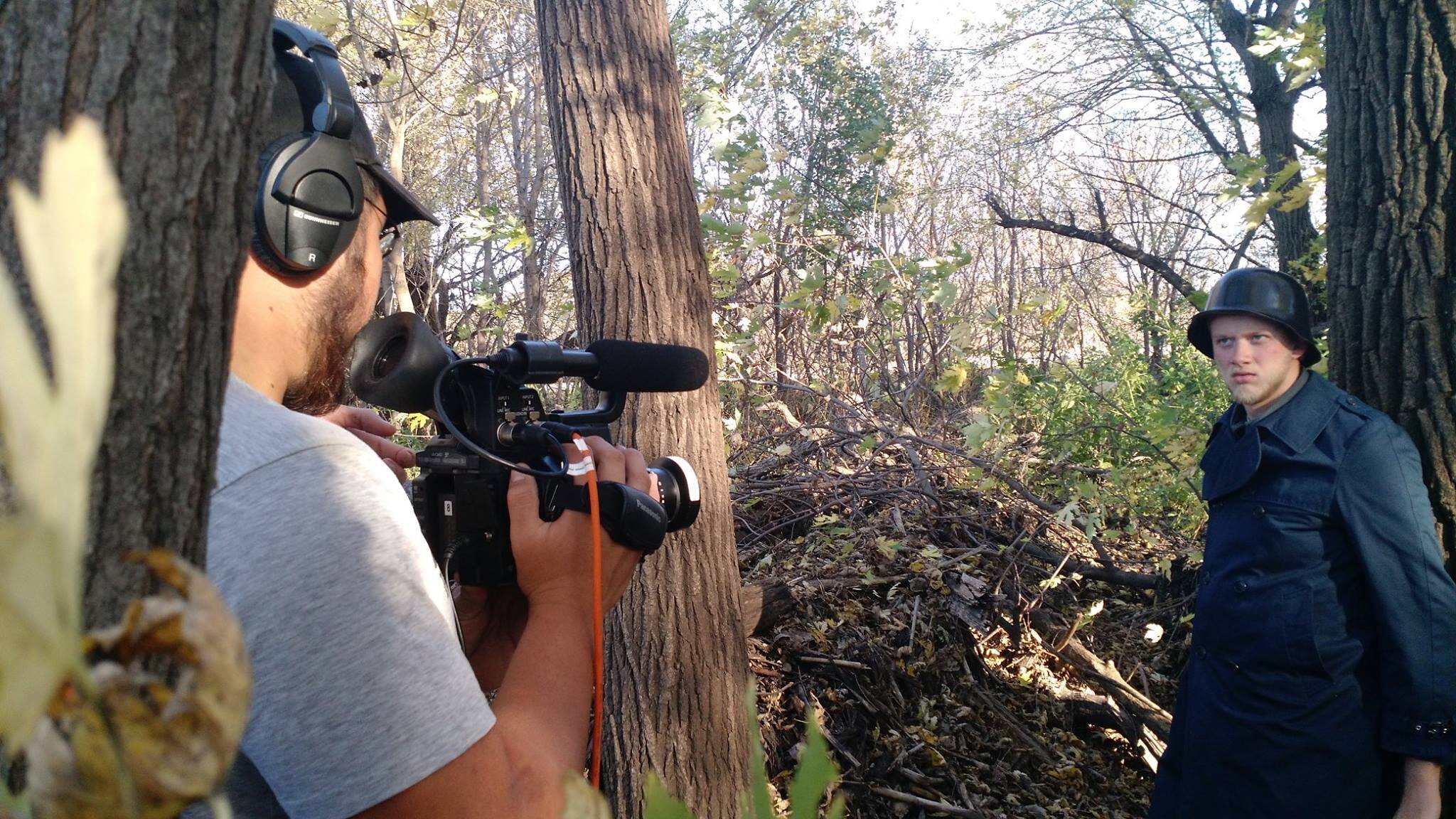
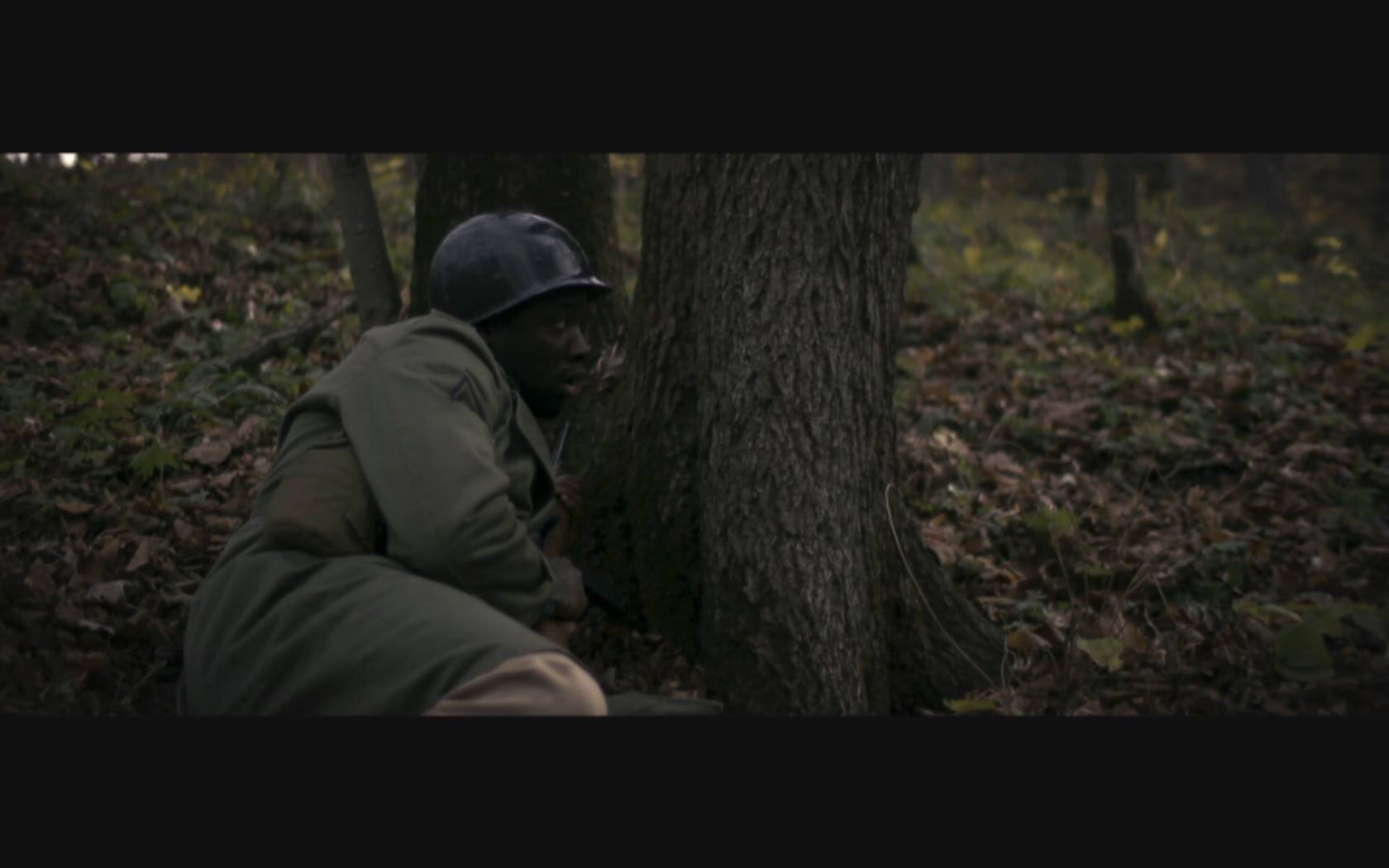
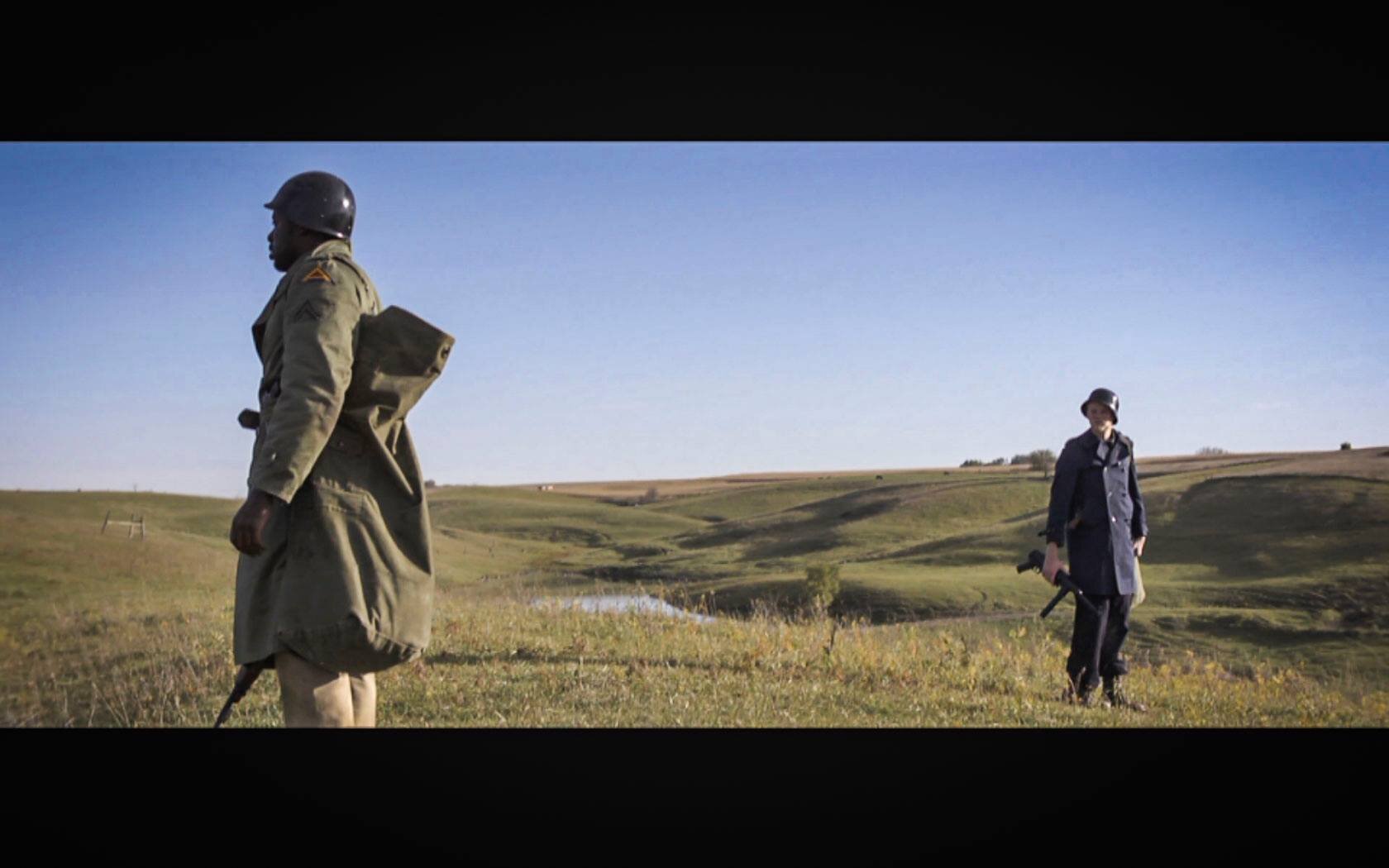
When I began planning my senior project, The Way Out, I was going to make things easy for myself. The only two characters were college students, set in modern-day, small-town Iowa, with limited locations, and the opportunity to shoot without being rushed by the weather.
In spite of all my efforts, it was far from easy.
The production of The Way Out stretched me in ways I couldn't have imagined. I wanted to film in a cathedral; I couldn't find a cathedral that would let me film. I wanted the main character to have a bedroom; I ended up setting up the entire room from scratch - pulling together props and furnishings from friends and classmates in order to make it feel authentic. The minimalist script became a complex, personal study of performances and direction. PAs and actors weren't always available, and scheduling was a nightmare. I had weeks of back-and-forth emails with Sony, trying to acquire the rights to a song. I couldn't get the rights, and had to improvise with a different song.
By the end of the semester, I was pretty exhausted from the project. I had spent more than one-and-a-half times the required hours on it, and the editing still wasn't finished. Still, it was good enough to turn in for a grade, and present at a screening. I spent the next few months tightening up the sound, colour and pacing, before sending it out to festivals.
The moral of the story? You don't always have to limit yourself in video production. Neither of these shorts are perfect, but we were dedicated enough to get them to a point where they represented the highest levels of our abilities. If I had really thought about it, I would never have gone for a WWII drama for my first short film, and would've severely limited myself in my second film. But because we went for it, we were able to find our limitations and face them head-on.
Find friends who can supply props and locations, take risks and call people you don't know. I find that people are often more willing to help than I predict. Research, research, research. Figure out how other people did it, then build on that. Part of the joy of no-budget filmmaking is improvising, and finding ways to make something (that looks great) out of nothing. So yes, plan within your means. But also, plan a little without your means, and see what happens.
If you're interested, you can watch Defector here and The Way Out here.
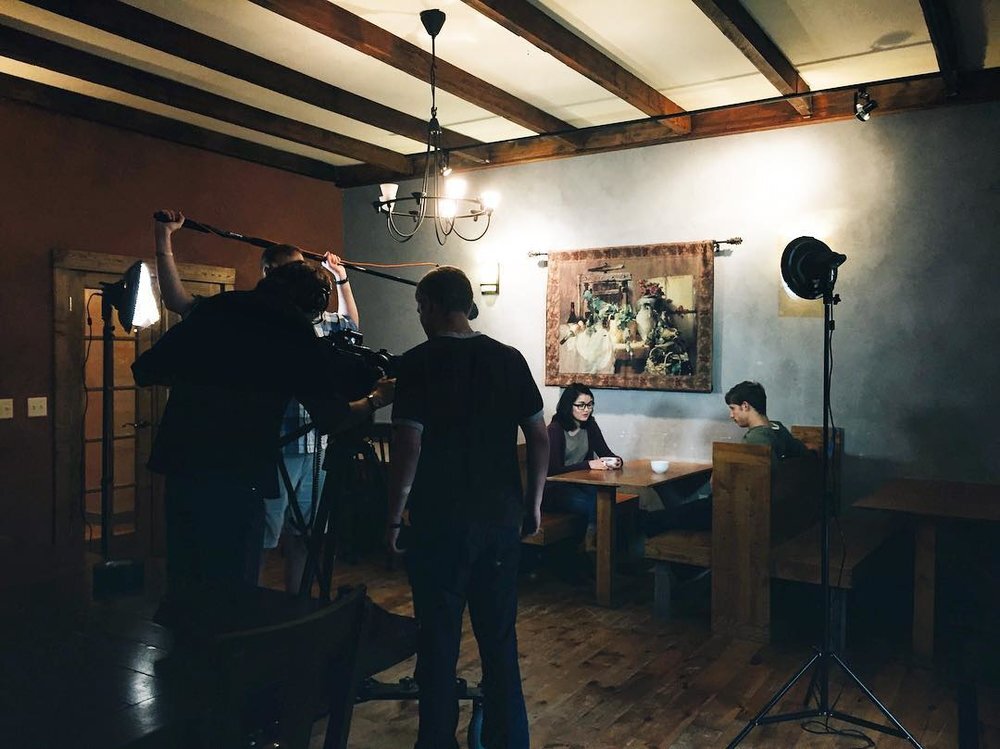

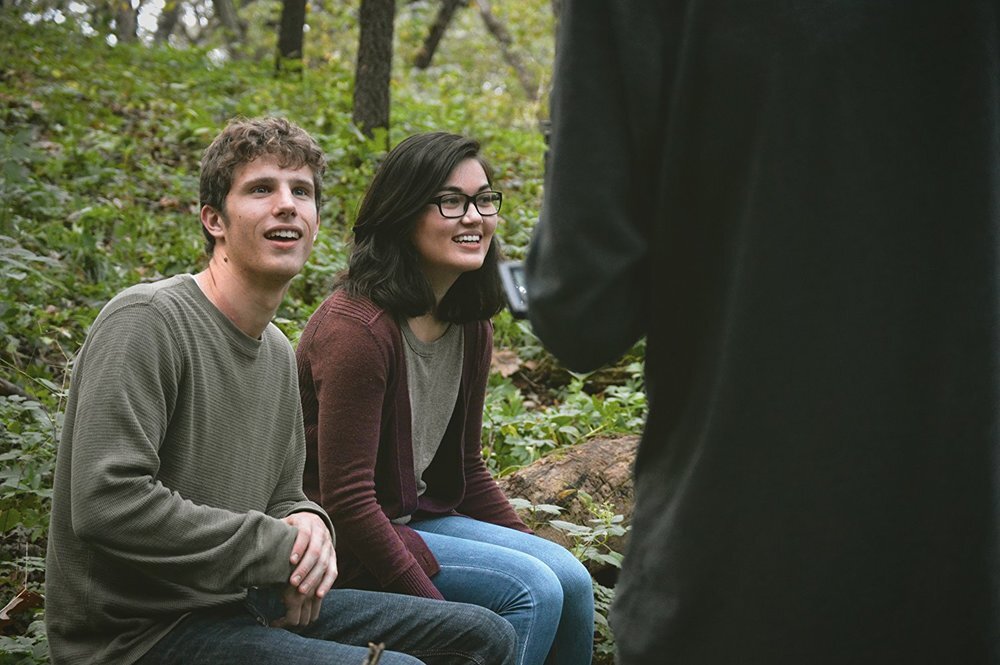




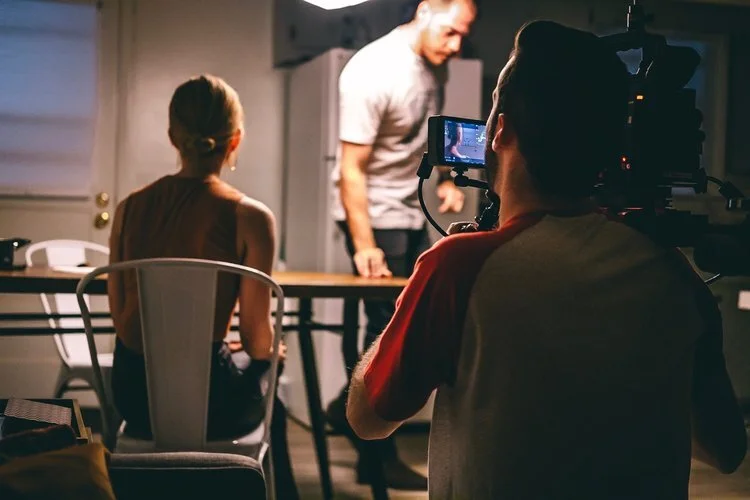
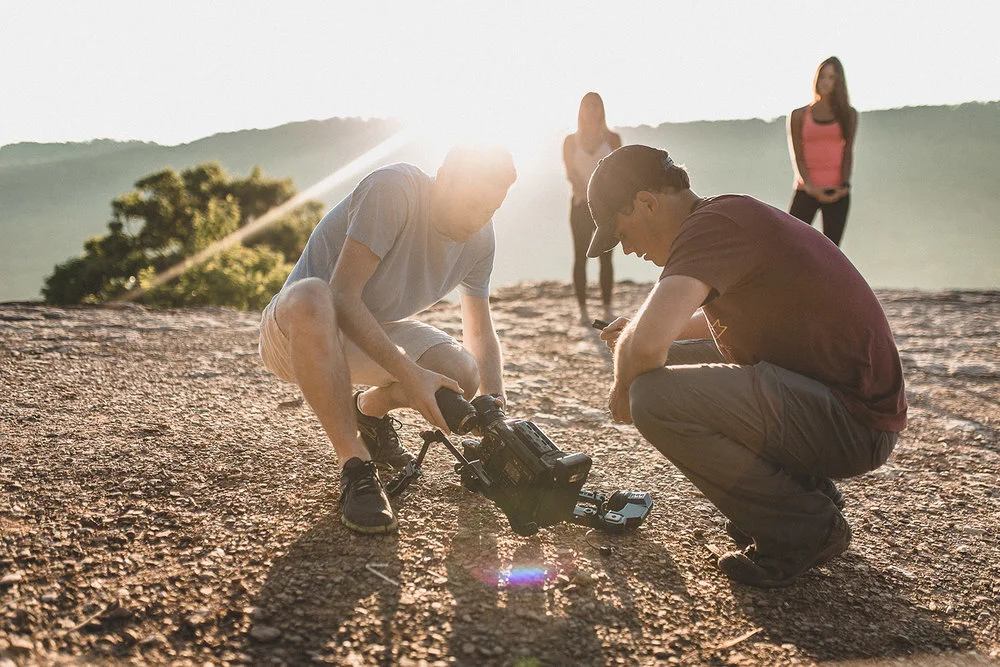


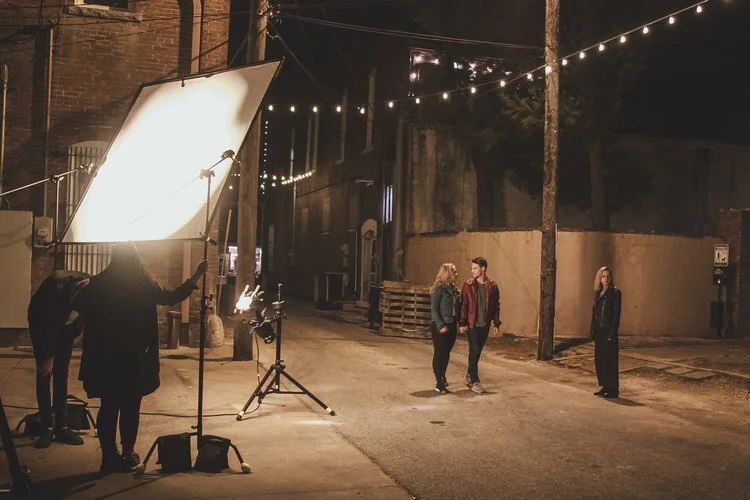


Kyle discusses three ways that different cameras have their own personalities, and how they can inform your decisions about what to film on.